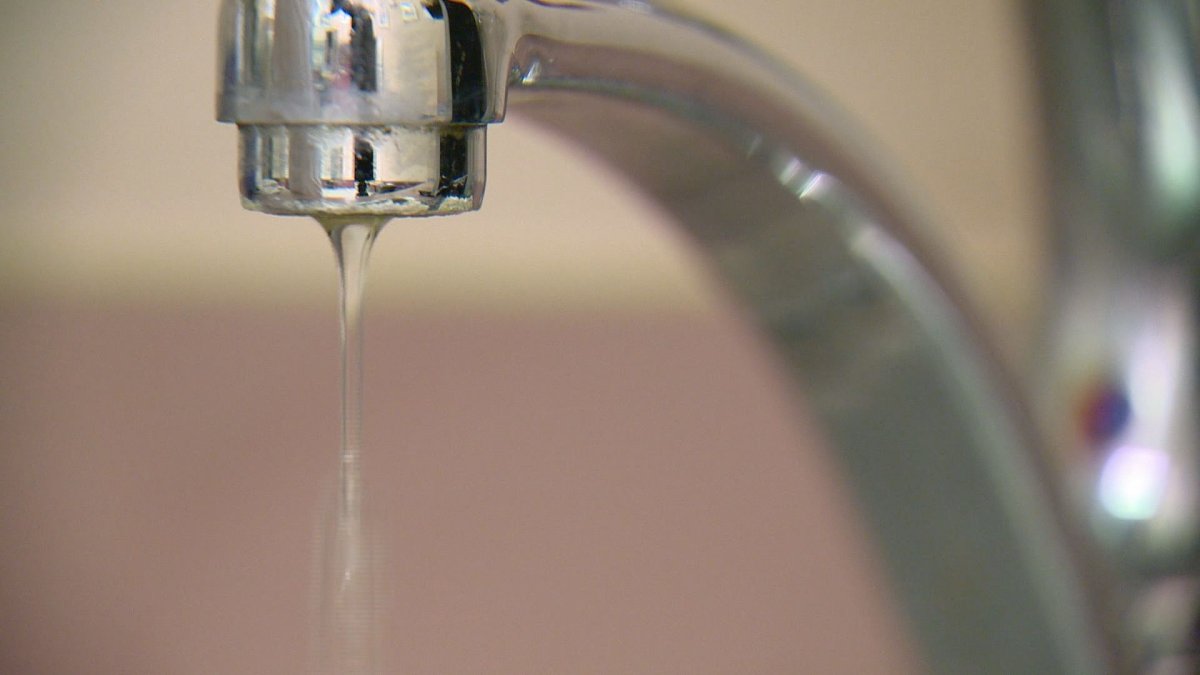Remote Manitoba communities have been dealing with the effects of their isolation for decades, including issues such as boil water advisories and difficulties accessing health care.

The Liberal government has made a commitment to end long-term boil water advisories by 2021. Since the move, nine Manitoba communities have been helped but two still remain: Wuskwi Sipihk First Nation and Tataskweyak Cree Nation
Tataskweyak Cree Nation, which is located between Thompson and Gillam, has been under a boil water advisory since May 2017 with a goal of completing upgrades to its treatment system by March 2021.
Wuskwi Sipihk First Nation has been grappling with a boil water advisory since March 2014, and the government says construction of a new water-treatment plant should be completed by January 2020.
Wuskwi Sipihk First Nation chief Elwood Zastre says it’s been frustrating for years not having access to clean water in the pipes.
“We have our little children, we have our school kids and kids are kids. When kids get up in the morning they turn the tap on. They don’t understand the meaning of boil water. It was scary,” he said adding he’s excited for the new treatment plant to open.
Assembly of Manitoba Chiefs Grand Chief Arlen Dumas says the timelines are not quick enough.
“There’s no reason, in my opinion, to have those. We have the resources and the ability to look after this problem,” he said.

“I know the federal government had made a commitment to invest in these issues, but if you look at the timeline they have, it goes until 2021. I think that’s unreasonable. There’s no reason why we couldn’t eliminate these things in a year.”
Dumas stresses that a lack of clean water becomes a health issue for people living in these communities, who are already facing challenges when accessing the health-care system.

Get weekly health news
“The larger question is why are these issues still prevalent today?”
“There’s a lot of complications, whether it’s for delays in waiting for seeing a specialist, transportation, there’s a lot of difficulties with how the status quo is serving people, and we need to address these issues,” he said.
The federal political parties have made several commitments on health care.
A Liberal Party spokesperson says the party committed in 2015 to eliminating all long-term drinking water advisories by 2021, and so far, a $2-billion investment has eliminated 87 drinking water advisories.
“Our Conservative government will be focused on practical things that can alleviate the types of challenges that are facing Indigenous Canadians,” Conservative Party Leader Andrew Scheer’s campaign wrote in a statement to Global News. “That includes ensuring that we end long-term boil water advisories, that there are partnerships in place so that people on reserve and off reserve can have access to the same types of jobs other Canadians do.”
The NDP sent a statement on behalf of Niki Ashton, candidate for Churchill-Keewatinook Aski, where she says the last two parties in power haven’t acted quickly enough.
“New Democrats will make sure that people can get the treatment they need in their community through investments in Indigenous health-care infrastructure and diagnostic equipment,” she said, adding that the party vows to make the required investments to have all water advisories lifted by 2021.
The Green Party of Canada has committed to ending drinking water and boil water advisories by investing and upgrading infrastructure to ensure safe water access in every community. The Greens also want to devote sufficient resources for maternal and infant care, mental health services and treatments for diabetes and tuberculosis. The party also plans to sustain the Aboriginal Health Human Resources Initiative to continue capacity-building in the health-care profession for Indigenous communities.
The People’s Party of Canada says all Canadians should benefit from a roughly equal level of services, regardless of where they live, and that it’s “unacceptable that some Aboriginal communities live in conditions that resemble those of Third World countries.”
The party’s platform adds that a PPC government would “review federal spending to ensure that programs are better targeted to benefit the Aboriginal population, in particular the communities that have the greatest needs.”






Comments